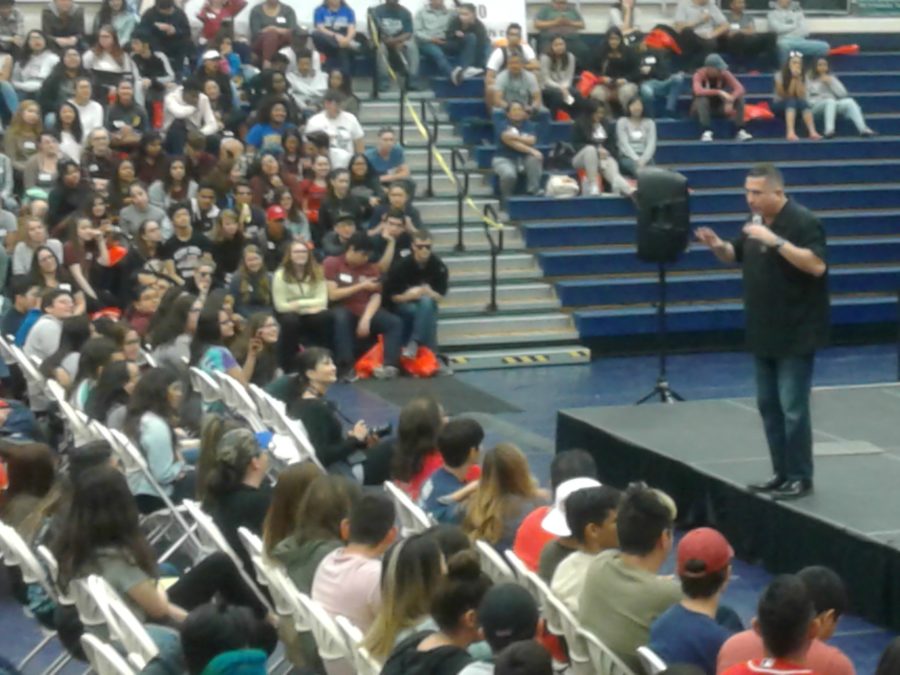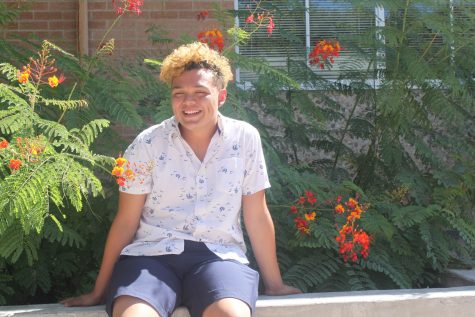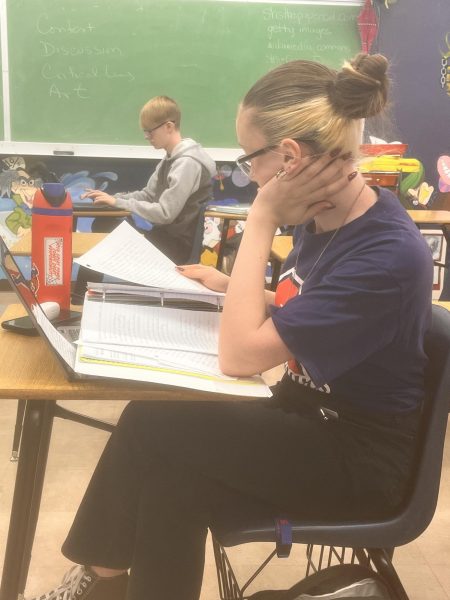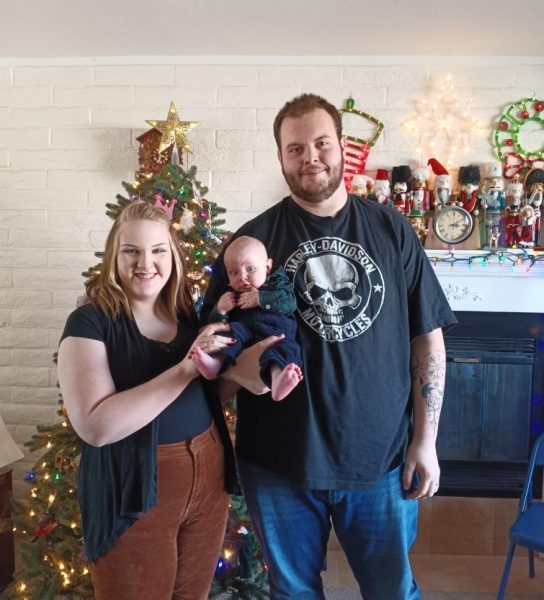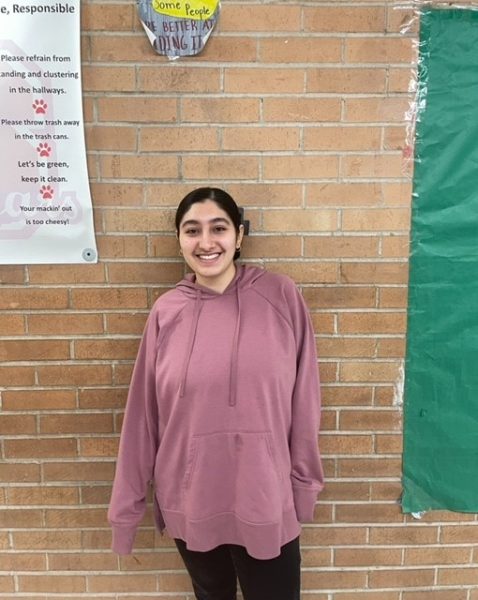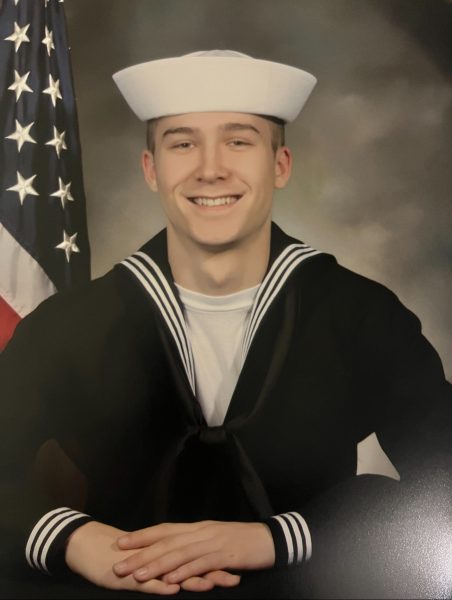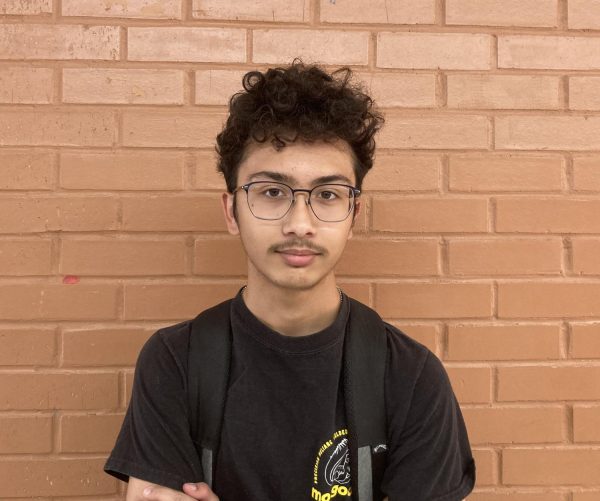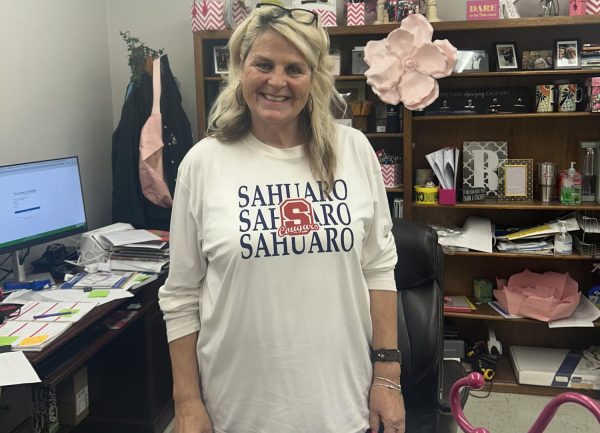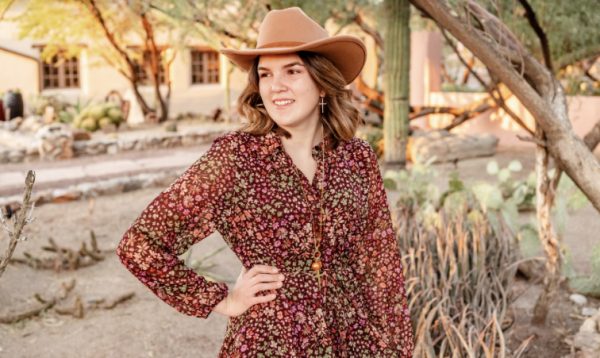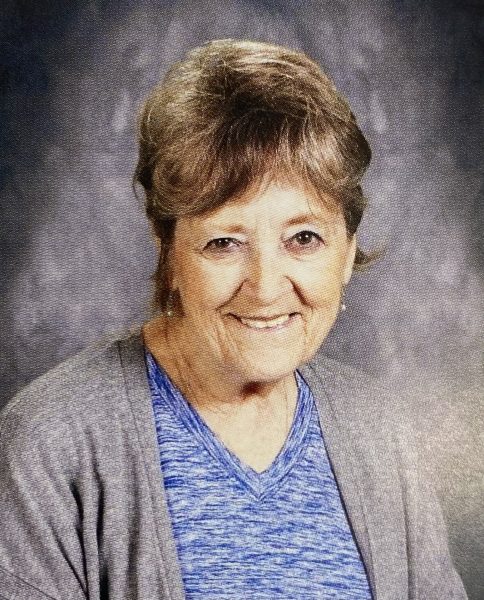Ethnic Studies Attends LULAC Leadership Conference
April 6, 2017
On Friday, March 31st, the Ethnic Studies department took a field trip to Pima Community College’s West Campus for the LULAC leadership conference (LULAC stands for League of United Latin American Citizens). The LULAC is a national organization dedicated to providing educational assistance through youth programs, working to encourage students to remain in school and to reach higher education.
The field trip consisted of leadership workshops in the morning, and in the evening. The day was nicely ended with Ernie G. as a guest speaker, who talked about the importance of education. Ernie was an actor on the television show Que Loco with George Lopez, but became a comedic motivational advocate. Ernie G.’s talk began very casually with jokes about everyday life as Latin person in the U.S. “You ever notice how when you eat a taco, you pinch the top as you tilt your head to take a bite?” Ernie G said as the crowd laughed at his hysterical pantomime. The talk grew deep and emotional as he reminded us all of the work somebody did in order to have the lives we have. His words brought tears to some people in the audience. “I know you’re not all from the barrio…but I know that each and everyone if you had to come up to the stage and talk about what your family has done to give you the life you have, you would come to tears,” Ernie G. said.
One workshop that stood out by far was the Cesar E. Chavez workshop called Taking It Home. The workshop used the platform of making Chavez Day a state-wide holiday to learn about how to carry-out a large task at hand, while giving some great information about the historic leader who himself was a Tucsonan. “If you’ve ever eaten food, then the work of Cesar E. Chavez has touched you… There are so many things that are better in the workforce for everyone because of him,” said Eva Romero, the director of the Cesar E. Chavez Holiday Coalition.
Students left with a sense of pride and respect. “I thought about how hard it was for my parents to both be the first to attend college in their families. I thought about my ancestors leaving Morocco for Mexico, and later my great-grandparents for the U.S…. and I couldn’t help but think of how ungrateful I’ve been for everything my family had to work for, that I’m simply given,” said Emilio Romero, a third generation Mexican-American at Sahuaro.

